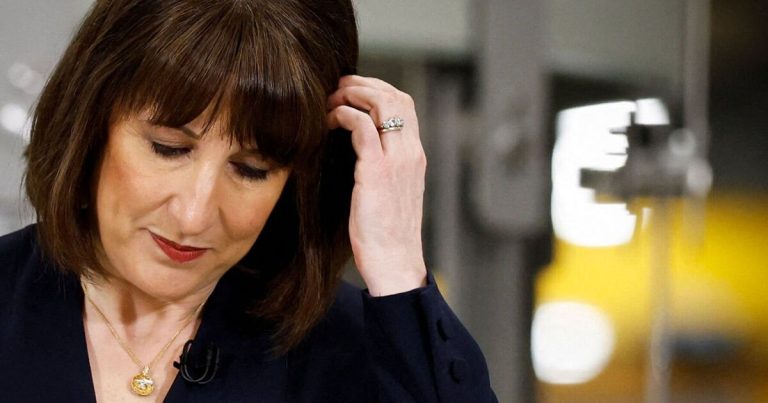
Martin Lewis’ MoneySavingExpert site has urged Britons to take a meter reading to make sure they are being correctly charged when energy bills go up next week.
The energy price cap is increasing on Monday, January 1, with energy rates increasing by around five percent.
The latest edition of the Money Tips email urged families to act now to make sure they are charged the right amount. It said: “If you don’t have a smart meter, or it doesn’t work, take a meter reading ASAP (if after Monday, most firms let you backdate a few days).
“This reduces the risk of your supplier estimating that you’ll use more at the higher rate than you actually do.”
For those with a non-smart prepay electricity meter, the price change will probably happen when they top up. The consumer group encouraged people in this situation to top up moe than they normally would before January as any top-up after Monday will mean a person is charged the new higher rates.
Turning to the question of getting a fixed rate deal, the MoneySavingExpert team said for most people, there are currently no fixed rate deals that would be worth looking at.
This is because energy rates are expected to fall over the next 12 months. However, the group also said: “Locking in a fix below January’s rate would give you price certainty during winter, when you use the most energy – and predictions can change.”
Under the new rates from January 1, for those who pay by direct debit, the unit rate of electricity per kWh (kilowatt hour) is increasing 1.27p to 28.62p, while the daily standing charge is dropping 0.02p, to 53.35p.
For gas, the unit rate is increasing to 7.42p per kWh, up 0.53p while the daily standing charge will be 29.60p, down 0.02p.
The average household with a typical usage will see their bills increase from £1,834 a year to £1,928 a year.
According to the Energy Saving Trust, turning the thermostat down by just one degree can cut bills by about £145 a year, which is around four to five percent.
This is based on the usage of a semi-detached house, running the heating between 7am-9am and 4am-11pm on weekdays and between 7am-11pm on weekends.
Ryan Harrison, from energyadvicehelpline.org, said: “Domestic heating systems use thermostats to gauge the ambient temperature in a room and then turn radiators on or off accordingly.
“You can set a maximum temperature and also programme in time periods when the system runs – normally in the morning and during the evening.
“But one mistake many people make is putting their thermostat in the wrong place in the house. This means it will fail to give an accurate measure of the ambient temperature and leave you paying out for unwanted warmth.”
For the latest personal finance news, follow us on Twitter at @ExpressMoney_.







